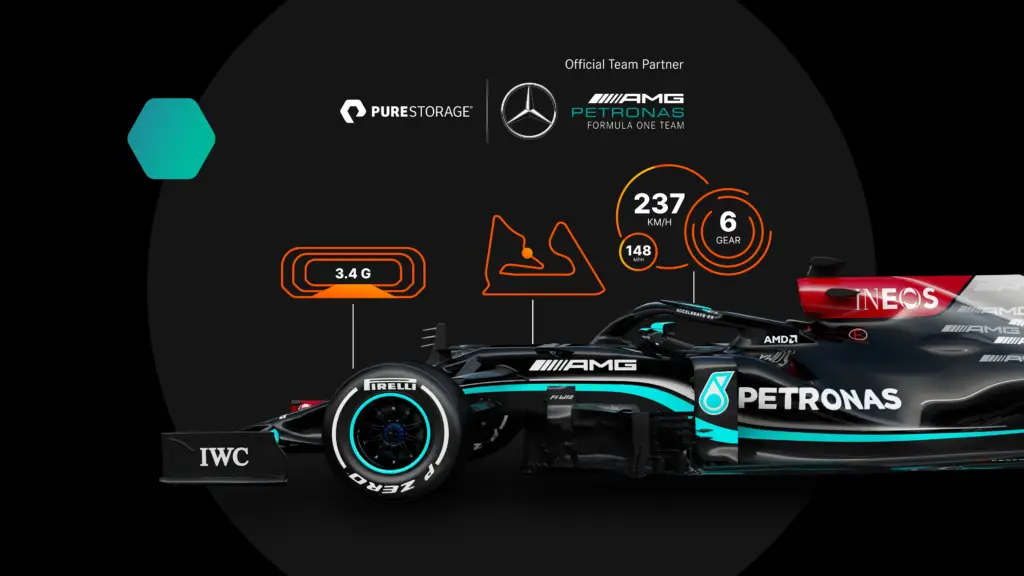For decades F1 Numbers have made Formula One has been one of the most thrilling and competitive sports in the world. With its high-speed cars, daring drivers, and cutting-edge technology, Formula One is a sport that demands nothing but the best from its participants.
But what does it take to win in Formula One? Is it all about the driver’s skills and the team’s strategies, or is there something else at play? The answer lies in the data. Formula One is a sport that relies heavily on data analysis to gain a competitive edge.

From analyzing car performance and tire wear to predicting race outcomes and optimizing pit stops, data is at the heart of every winning strategy. In this article, we’ll take a closer look at the numbers that make formula 1 tick. We will also explore some of the winning strategies that have made this sport so exciting and unpredictable.
If you need a number to help you understand Formula One, this article will be able to help you.
So, buckle up and get ready to rev up your engines as we dive into the world of Formula One!
Index
No’s About Cars
- How Many Formula 1 Cars Are There?
- How Much Do Formula 1 Cars Weigh?
- How Much Does A Formula 1 Car Cost?
- The Speed Formula One Cars Go?
- How Much Power Do F1 Engines Produce?
- How Often Do F1 Cars Refuel?
Numbers About Teams?
No’s About Drivers
- How Many Formula 1 Drivers Are There?
- 2023 F1 Driver Race Numbers: Who Uses What Number And Why?
- How Much Formula 1 Drivers Make?
- How Often Do Formula 1 Drivers Practice?
- The Tragic List Of Formula 1 Drivers Who Died

